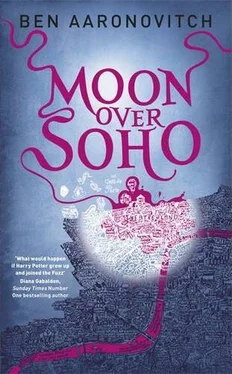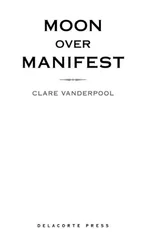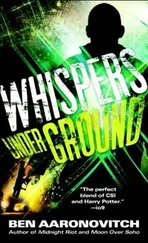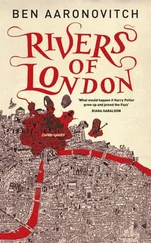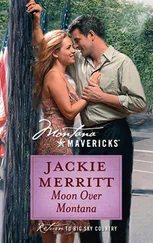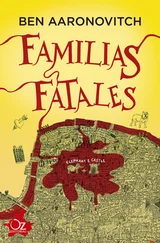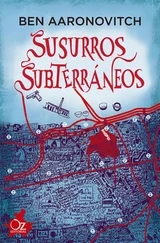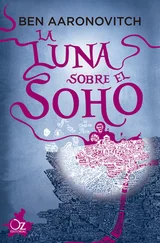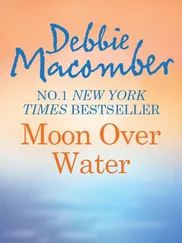Toby came whirring past, yapped a couple of times to get my attention, and then headed into a patch of overgrown woods to the left of the school. Clearly he was a country dog at heart. Nightingale arrived soon after.
“I expected it to have been redeveloped,” I said.
“As what?” asked Nightingale.
“I don’t know. Country hotel and conference center, health spa, celebrity rehab clinic?”
“No,” said Nightingale after I’d explained what a celebrity rehab clinic was. “The Folly still owns the whole estate, and the rents from the farms pay for the maintenance.”
“Why wasn’t it sold off?”
“There was a lot of confusion after the war,” said Nightingale. “By the time it was all sorted out, I was the only person left with any kind of official standing. Selling off the school on my own recognizance seemed … presumptuous.”
“You thought the school might reopen?”
Nightingale winced. “I was trying not to think about the school.”
“The land must be worth a packet now,” I said.
“Do you think it would be improved by becoming a celebrity rehab center?”
I had to admit that this was unlikely. I pointed to the main doors, firmly boarded up and secured with a heavy-duty padlock. “Do you have keys for that?”
Nightingale grinned. “This is where you watch and learn.”
We walked to a spot on the left of the stairs up to the main doors where, hidden by the long grass, a narrow flight of steps led down to a thick oak door that was, I noticed, free of any boarding or chains. It also lacked any visible door handles.
“Behold,” said Nightingale. “The night gate. This was originally built so that the footmen could go straight from their quarters and hop onto the back of their master’s carriage before he could get down the stairs.”
“How very eighteenth-century,” I said.
“Quite,” said Nightingale. “But in my school days we used it for something else.” He placed his palm on the door about where you’d expect the lock to be and muttered something Latin under his breath. There was a click, followed by a scraping sound. Nightingale pushed and the door swung inward.
“There used to be a curfew and we, being the dreadful young men that we were, wanted to go out drinking,” he said. “It’s not easy to beat a curfew when the masters can command the very spirits of the earth and air against you.”
“Really?” I asked. “The spirits of the earth and air?”
“So they said,” said Nightingale. “And I for one believed them.”
“So no drinking,” I said.
Nightingale made a werelight and stepped through the door. Not to be outdone I made my own light and followed him inside. I heard Toby barking from outside but he seemed reluctant to follow us in. Our werelights illuminated a short corridor of undressed brick that reminded me of the service corridors under the Folly.
“Not until you were in the sixth form,” he said. “Once you were inducted into the common room, the upper six would teach you the spell for the night gate and then you could go drinking. Unless you were Horace Greenway, who was unpopular with the prefects.”
We reached a T-junction and went right.
“What happened to him?”
“Died during the battle of Crete,” said Nightingale.
“I meant how did he get to the pub?”
“One of us would open the door for him,” said Nightingale.
“And the teachers never twigged you were sneaking out?” I asked.
We reached a flight of wooden stairs leading up. They creaked alarmingly under our weight.
“The masters knew all about it,” said Nightingale. “After all, they’d once been sixth formers themselves.”
As we reached a short, wood-paneled landing I caught a flash of vestigia , lemon drops and sherbet, wet wool and the sound of running feet. I saw there were brass coat hangers lining both walls and benches sized for adolescent boys to sit and change their shoes. I brushed my fingertips on the wood and felt instead the rough paper of old comic books.
“Plenty of memories,” said Nightingale when he saw me pause.
Ghosts, I was thinking, memories — I wasn’t sure there was a difference.
Nightingale opened a battered wooden door and we stepped out into a huge hall, the suddenly inadequate werelights revealing two massive staircases and bare stone walls that still showed faded rectangles where framed paintings had once hung. With all the windows covered, we’d have been in pitch darkness if we weren’t making our own lights.
“The great hall,” said Nightingale. “The library’s up the sinister staircase.”
I caught myself before I asked him why it was sinister when I realized that we were walking up the left-hand staircase. Sinister is Latin for “left,” making it the sort of enjoyable schoolboy pun that is such an advert for mixed-gender education. Just imagine if one of their school friends had had the misfortune to be called Dexter, I thought. How they must have laughed. As we ascended I caught a glimpse of rows of names carved into the far wall but, before I could ask what they were about, Nightingale was on the landing and heading into the cool depths of the school.
The walls were mostly painted brick with more pale rectangular patches to show where paintings had hung. I’d helped my mum to clean enough offices to know that whoever Nightingale was contracting to maintain the house was using a big industrial Hoover to do the carpets — you could see the stripes and judging from the dust it was at least two weeks since they’d come around.
Without books, stacks, or furniture, the library looked like just another large room, made cavernous by the shifting illumination of our werelights. I recognized the card file cabinets by their outline under the dust sheets. The mundane library at the Folly had two just like them. The school library had eight. Fortunately Nightingale said only one of them had the cards for magical books. Nightingale provided the light while I pulled off the sheet and opened up the drawers. There was no dust and surprisingly little vestigia .
“They were books about magic,” said Nightingale when I mentioned this. “Not magical books.”
They were standard index cards with the name of the book and library number manually typed on at the top and a handwritten list of names and showing who had borrowed the book and when. We’d popped into Ryman before leaving Oxford and picked up a jumbo-sized pack of rubber bands so I could preserve the order the cards were in. It took me ages to process all the drawers and I ended up with a black garbage bag that wasn’t really that much lighter to carry than the cabinet.
“We should have just taken the whole thing with us,” I said, but Nightingale pointed out that it had been screwed into the floorboards.
I slung the bag over my shoulder and, staggering a little, followed Nightingale back to the main hall. I took the opportunity to ask who the names on the wall were.
“Those,” said Nightingale, “are the honored dead.” He led me to the dexter staircase and floated his werelight up to show the first names. “Peninsula Campaign,” he said. There were a handful of names. “Waterloo Campaign” — just one name. Half a dozen for the Crimea, two for the Indian mutiny, maybe twenty more names scattered through a list of the colonial wars of the nineteenth century, more in total than the less than twenty dead in World War I.
“There was an agreement between the Germans and us not to involve magic,” said Nightingale. “We sat that one out.”
“I bet that made you popular,” I said.
Nightingale floated his werelight along to reveal the honored dead of World War II.
“You see, there’s Horace,” said Nightingale, illuminating the inscription: HORACE GREENWAY, KASTELLI, MAY 21, 1941. “And there’s Sandy and Champers and Pascal.” The werelight darted across the serried ranks of names, listed as fallen at Tobruk and Arnhem and other places that I dimly remembered from history. But most of them were listed as having died at a place called Ettersberg on January 19, 1945.
Читать дальше
